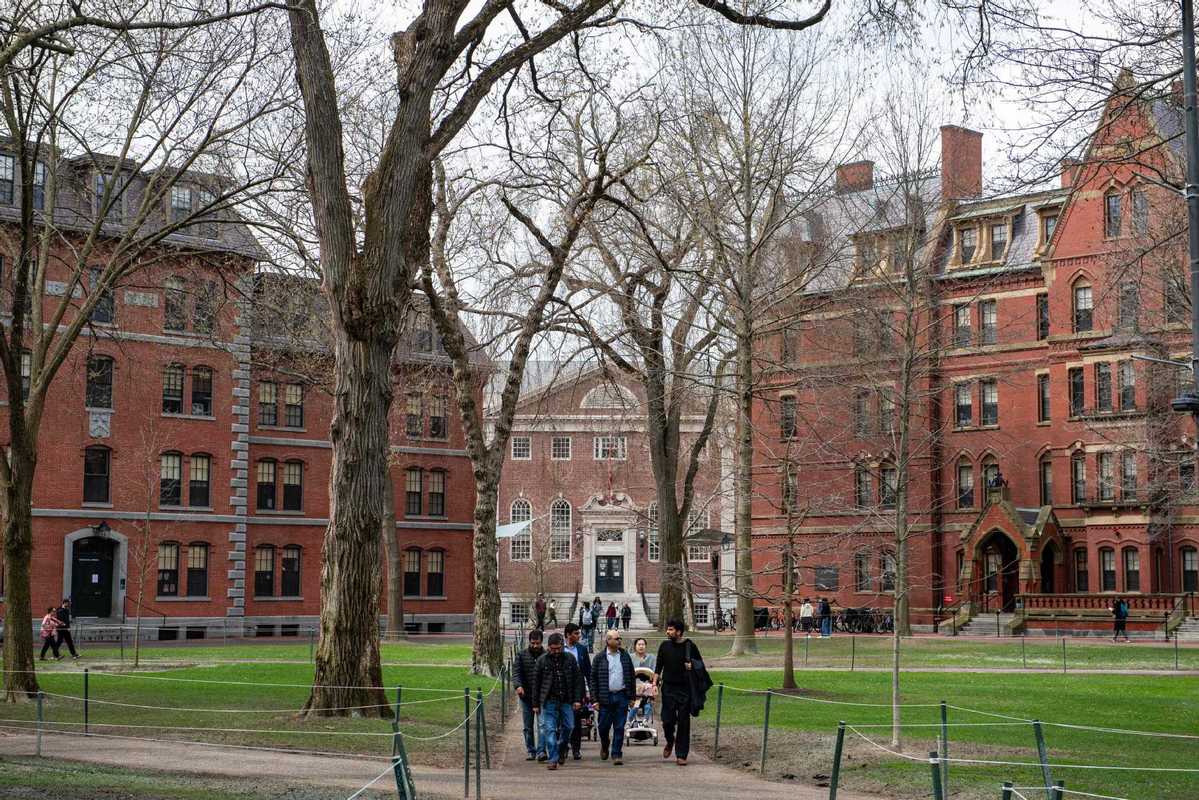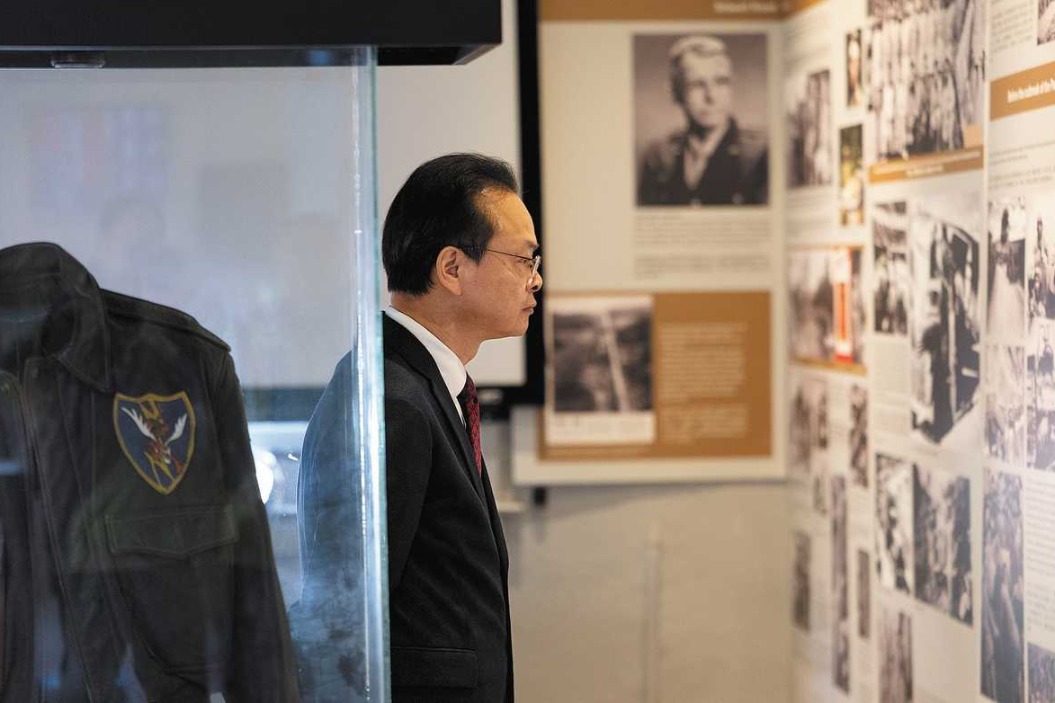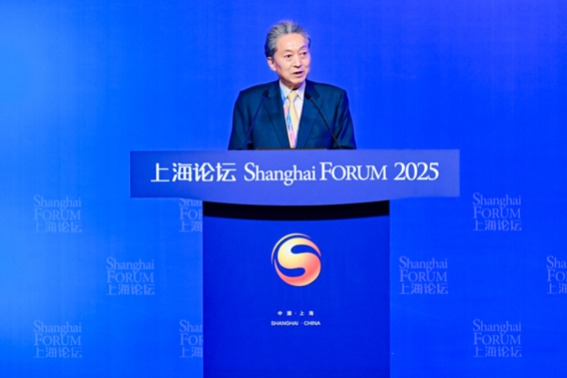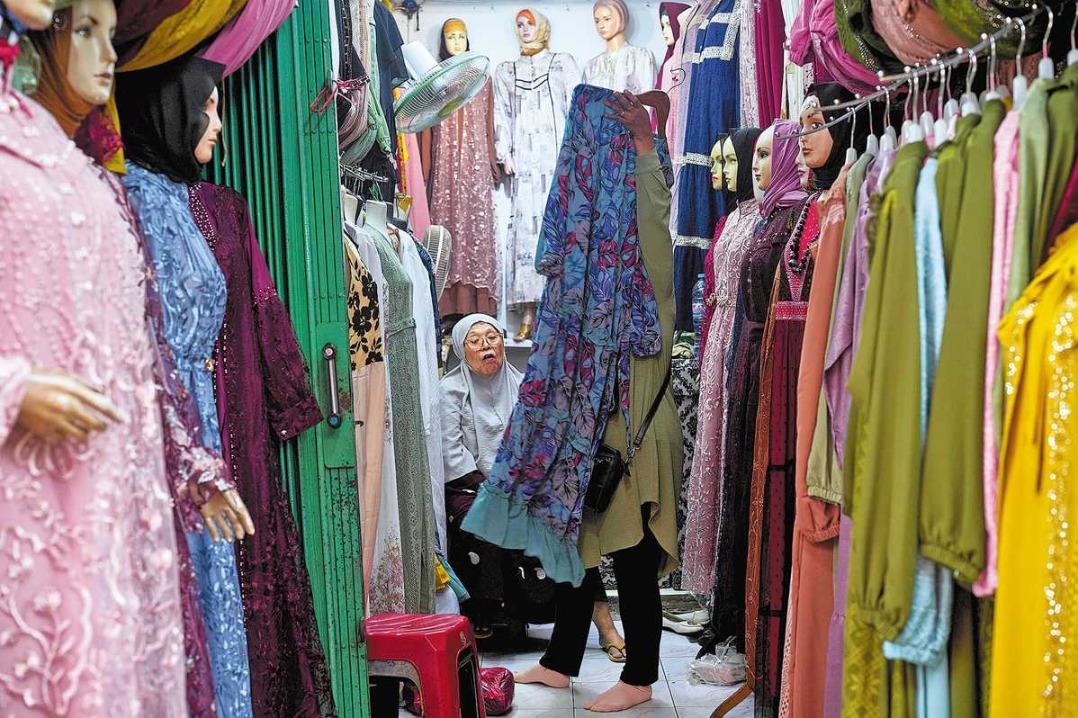US politics spark surge in Canadian university interest


US President Donald Trump's pressure on universities is leading more American students to consider studying in Canada, as experts say the trend reflects growing concerns over academic freedom.
Stephen Sireci, a professor and the director of the center for educational assessment at the University of Massachusetts, Amherst, said Trump's proposals have raised concerns among domestic and international students.
"The message is that universities should get in line and follow everything Trump wants to do, but there's been a lot of rejection of that message." Sireci told China Daily.
Trump enacted executive orders on April 23 to overhaul the university accreditation process, criticizing accreditors for promoting left-leaning ideologies and diversity initiatives over academic performance.
The administration also has targeted Ivy League institutions like Harvard and Columbia, freezing hundreds of millions in federal funding and demanding policy changes.
Sireci said that while the United States has long been seen as a safe and welcoming destination for international students, that perception is changing.
"What the international students are saying now is the exact opposite," he said. "The notion that the United States is a safe place for international students to study and to be supported has changed."
Sireci said the financial implications of suspending federal funds may have broader consequences.
"Federal funding has supported research and science at American universities for a long time, so if that is actually pulled, it will have serious ramifications," he said.
He said that policies discouraging international talent from going to the US could eventually erode its universities' global standing.
"To keep up that level of excellence, we need to recruit and retain some of the best stars from across the globe," Sireci said. "Any policies that inhibit that are going to affect our global competitiveness."
Although he said he hope the shift in student flows might be temporary, Sireci acknowledged it may take years to repair the damage done to America's academic reputation.
"There are a lot of lawsuits being filed now," he said. "I don't think it will last. The effects on America's reputation will take more time to recover."
Asked whether the movement of American students and faculty abroad could become a form of brain drain, Sireci said that risk is real.
"If there are policies to discourage people from applying or people who are accepted from coming, that's going to affect the number of scientists and intellectuals in the United States, for sure," he said.
Sireci also spoke of deeper societal implications.
"For the US higher education system to be strong, we need not just intellectuals and scholars in our country, but we need to collaborate with international scholars across the globe," he said.
"The recent political developments in the US, including ideological divisions and moves to restrict diversity, equity and inclusion (DEI) programs — are shaping student decision-making," said Glen Jones, a professor of higher education at the University of Toronto.
"Those who see themselves as negatively impacted by the change in direction associated with the Trump government are more likely to look for new alternatives," Jones told China Daily.
Officials at the University of British Columbia's Vancouver campus said that as of March 1, the school reported a 27 percent jump in graduate applications from US citizens for programs starting in the 2025 academic year, compared with all of 2024.
Simon Fraser University also said its faculty of graduate studies also saw a 23 percent increase in applications from American citizens compared with last year.
"Canada has, at least to date, avoided the sort of extreme polarization that now defines US politics," Jones said. "There is a sense of greater stability in the Canadian academic environment.
"It will be some time before we know whether this is a national phenomenon and (of) the magnitude of change," he said.
Asked whether Canadian institutions are ready to accommodate a potential rise in American applicants, Jones said that the federal government's cap on international student visas has already led to a decline in international student numbers across the board.
"Most universities would be pleased to receive additional applications from the United States because this might counterbalance some of the declining applications from some other countries," he said.
However, Jones said that Trump's recent actions, including challenges to academic freedom, research funding and DEI policies — could have cross-border implications.
He cited travel advisories issued by the Canadian Association of University Teachers and the Ottawa government.
"As Canadian university leaders look at what is happening in the US, they are clearly concerned about the erosion of academic freedom," he said.
"This reinforces the importance of protecting this freedom in Canada, and ensuring that our institutions continue to reinforce policies addressing issues of equity and inclusion," he said.
As for managing the moment, Jones said the current federal cap provides "an opportunity to ensure that Canadian higher education has supports and policies in place" to give international students the experiences they expect.

































